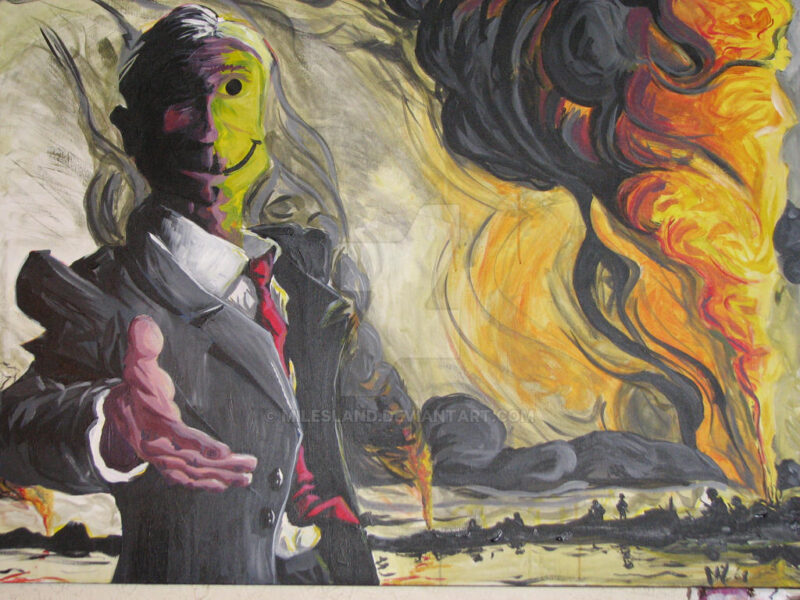
At the end of January, Arts Council England (ACE) announced updates to their relationship framework for artists and organisations receiving funding from the council, which sparked discussions about the freedom of expression, political activism in art, and the responsibility of publicly funded institutions.
The renewed framework aims to increase its risk monitoring of the companies it invests in, focusing on the financial viability, investment principles and management of the organisations, and notably, reputational risk associated with funded artworks. In their guidelines, “reputational risk” is defined as “activity that might be considered to be overtly political or activist and might be in conflict with the purposes of public funding culture.” This specific segment stirred up anger amongst artistic communities online, who raised concerns that a government funded institution might be censoring artistic, political voices.
Politics and art have always been closely intertwined, as art has been influential and representative of political struggles throughout history. Think of Picasso’s painting “Guernica” for example, which is regarded among the most representative works of art of the 20th century. Upheaval about the possibility of censorship thus took off immediately on X, with people like bestselling author Matt Haig tweeting that “the Arts Council are planning to cancel people’s funding if they say ‘political statements’. Not illegal statements. Not discriminatory ones. Political statements. The kind artists have made through history. Scary.” The ACE responded with a statement on the 14th of January clarifying that it was in no way their objective to silence voices and stressing that “for a cultural sector to thrive, freedom of expression – personal, artistic, and political – is indisputably vital.” However, they also acknowledged the complex context in which creatives operate at the moment. It is essential to recognise the nuance in the debate by understanding how publicly funded institutions operate. The ACE relies on funds from the government and the National Lottery, which means they have to show a level of accountability to the taxpayer and their communities.
The ACE emphasises our polarised society and the lack of nuance that is often conveyed in internet debates.
The discussion seems illustrative of the times we live in. In its statement, the ACE emphasises our polarised society and the lack of nuance that is often conveyed in internet debates. It is therefore ironic that people flock to X to voice one-line opinions on a thirty-page document explaining the renewed guidelines. We must take extreme care to understand the grey areas in debates like this. Concerning the ACE, we must understand the fine line between endorsing an artwork and agreeing with its message, as well as the line between genuine censorship on the one hand and withholding public funding on the other.
The ACE does acknowledge the need for clarity in their language and the complexities of operating within a politically charged environment. They have committed to publishing an updated version of the relationship framework as soon as possible.
They have committed to publishing an updated version of the relationship framework as soon as possible.
Ultimately, artworks can challenge the ideas and perspectives of its viewers. Where social media reinforces our opinions through echo chambers, art can force us out of them. The ACE thus has the difficult task of making sure they strike the balance between fostering an environment of freedom of expression whilst simultaneously upholding the responsibilities of publicly funded institutions to be transparent and held accountable.


